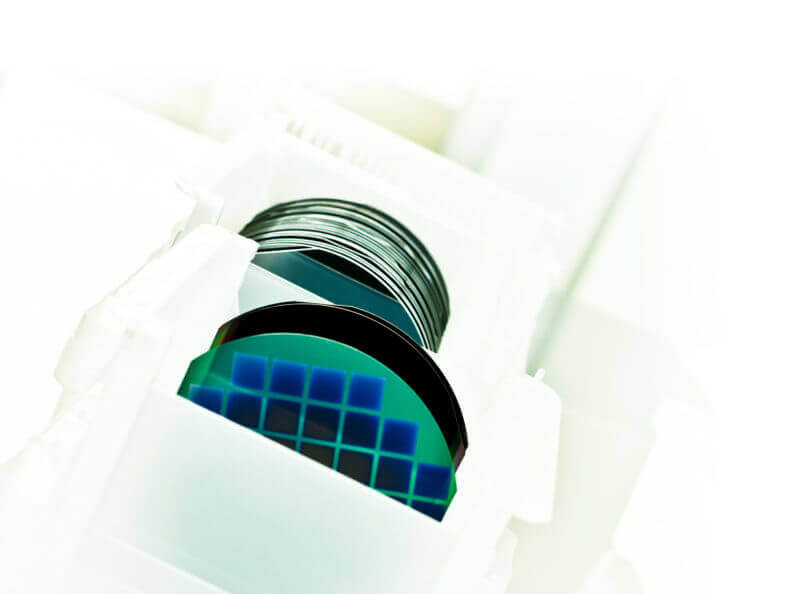TherMap is a development of Bristol’s Center for Device Thermography and Reliability labs for innovative thermal wafer mapping, the result of many years of research which we aim to translate into an industry product. We very much appreciate the Catapult’s support in exploring the market.
Supporting the translation of innovative semiconductor technology into an industry product
University of Bristol research led to the development of a groundbreaking technology to address the notorious difficulties in measuring thermal properties of thin films in compound semiconductors, multilayer structures, and composites.
The wafers utilised in semiconductors need to be thermally measured, due to use in applications where they need to withstand high heat loads. High temperatures can cause the semiconductor to waste energy and could potentially lead to electrical issues such as short circuits, breaks and differences in thermal expansion.

TherMap, is a non-destructive technique to measure the thermal properties of semiconductor wafers and other multilayer structures. It can be used for in-line process monitoring and yield optimisation and is suitable for most wide bandgap layer structures. An example of the materials this technology can be used on is Gallium Nitride (GaN), which is known for its high levels of heat capacity and thermal conductivity using silicon carbide (SiC) wafer substrates.
TherMap could potentially make a huge difference to the compound semiconductor industry globally by enabling it to assess the quality of semiconductor wafers, improve yield and development processes.
The University of Bristol commissioned Compound Semiconductor Applications Catapult to produce analysis of the potential market for this technology to inform the commercialisation roadmap. The Catapult carried out market analysis, surveying potential users of the technology to establish their current approach to wafer characterisation and shared knowledge of TherMap techniques. Compound Semiconductor Applications Catapult also supported a service trial, ran by the University of Bristol for wafer fabricators and device manufacturers.
Following their work with Compound Semiconductor Applications Catapult, TherMap has since become a spin-out from the University of Bristol. TherMap has also successfully completed the Innovation to Commercialisation of University Research (ICURe) market research project, has been awarded £210k from Innovate UK to accelerate the development of advanced thermal characterisation equipment and have hired new staff.
